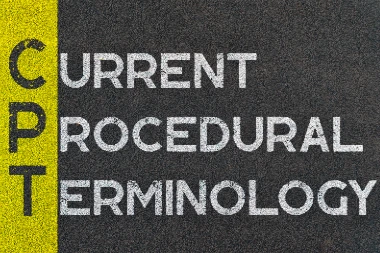Q: Are there specific requirements for Medicare wellness exams and who can perform them? A: Medicare offers an initial preventive physical examination (IPPE), which is also known as the “Welcome to Medicare” preventive visit or the annual wellness visit (AWV). Either a physician (a doctor of medicine or osteopathy) or a qualified nonphysician practitioner (a physician assistant, nurse practitioner, or certified clinical nurse specialist) can provide the services. The IPPE is a one-time initial examination …
Read More



